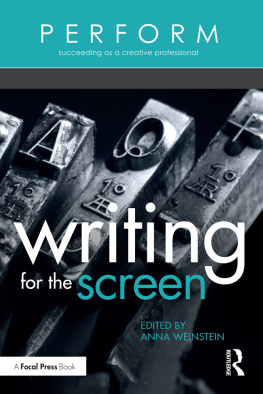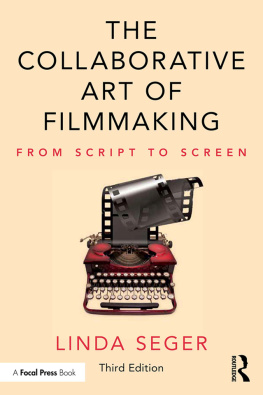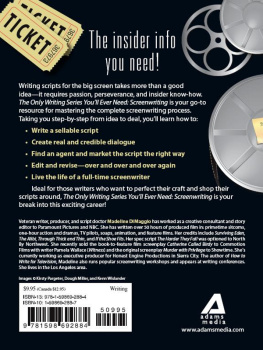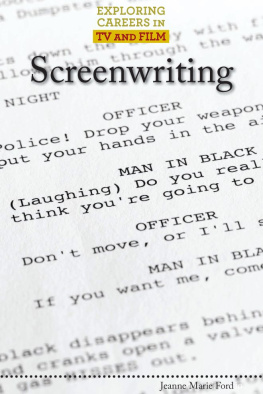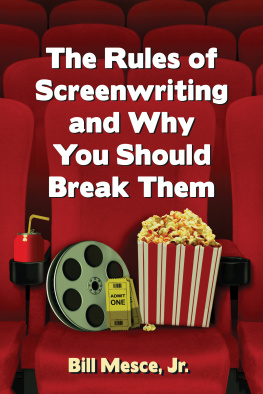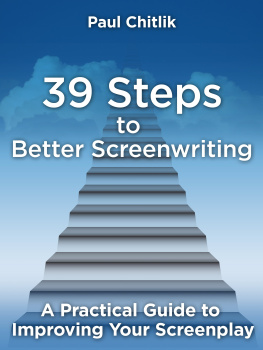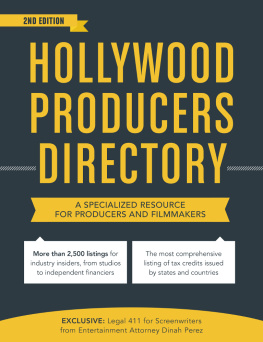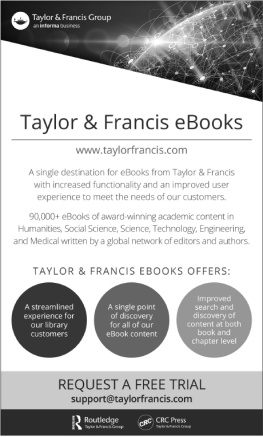By Pat Verducci
One thing they never tell you in film school is that while youre figuring out the structure for your screenplaywhere the hero must step into the cave, kill the monster, appear to die once more at the end, but seize the sword and miraculously transformis that you, the writer, will have to undergo your own heros journey as you work toward becoming a professional screenwriter.
You may not have to enter an actual cave. It may just be your apartment that becomes dark and scary, filled with pizza boxes and dirty clothes that youre too depressed to launder. You may not have to lift an actual sword, but you might have to come up with a shiny idea that has a sharp edge to save your butt in the writers room. You probably wont have to answer a classic riddle to gain entrance to a labyrinth, but you may have to decipher whats code for passing on your project, or figure out what to do next when someone says they love your script but never calls you back.
Thank you Joseph Campbell, for studying all those myths and fairy tales and discovering that they are all the same story. Thank you for breaking it down into the twelve phases of The Heros Journey so we can better understand the heroes in our narratives.
And thank you for creating the perfect metaphor for the writers experience so that we, as humble film scribes, can use it to actively pursue and survive our careers.
So here it is The Screenwriters Journey . Ill give you two versions of the story. The first is the most common version, the journey you dont want to emulate. And the second is the one you must embrace if you hope to succeed
The Screenwriters Journey, Version 1
Ordinary World
We find you, the hero, sitting in a college chemistry classroom. Your father is a doctor who makes great money, takes fantastic vacations, and seems pretty happy. Whats good enough for him is good enough for you, right? The class is hard, though. I mean moles, really? Its kind of a nightmare, and your heart really isnt in it. Your roommate asks you to go to the movies. Desperate to escape your chemistry textbook, you agree.
Call to Adventure
Youre in a darkened movie theater. You cant really afford to buy popcornyoure a poor college student after all, so you bring your own. Damn, its hard to fit that Pop Secret bag inside your backpack. The lights dim. You shouldnt be here. Movies are your Kryptonite. Youre helpless against them. And this one is really good. Youre on the edge of your seat. You feel alive. You feel exactly the opposite of how you feel when youre sitting in front of your chemistry professor. What the hell are you doing with your life? Why are you settling for fulfilling other peoples expectations? Youve always wanted to be a screenwriter. Why are you giving up on yourself already?
The next day, terrified, you walk over to the film department and talk to a professor there. Shes amazing. She has crazy hair and wears hipster clothes and talks about the semiotics of Quentin Tarantino, and you feel almost like youre high on drugs.
You walk back to your dorm and decide to tell your parents that youre switching departments and becoming a film major. To bolster your argument, you go online to gather success stories to share with them.
Refusal to the Call
Instead of success stories, the Web is filled with cautionary tales. Youre afraid now. Very afraid. Theres no way you can be a film major.
Meeting With the Mentor
But that night, you sneak out to see that movie again. This time, by yourself, and without popcorn. Your heart still pounds. Again, you feel alive. Theres no way to escape the films cellular pull on you. Forget being a doctor. No way youre going to play it safe. Damn the statistics. Youll be the exception!
Crossing the Threshold
You have a long, complicated conversation with your parents, where they try to be supportive but express their fears with you. You listen, but then blow them off. They are old. They dont know what theyre talking about. Youll invite them to your blockbuster premiere, and theyll be puffed up with pride! You declare your major. You work on your friends films and pull apart the script for Citizen Kane 400 times. You learn about three-act structure, and yes, The Heros Journey. You explore how to motivate your characters. You watch a million movies. You knew you would be special, and you are. You win the screenwriting competition at your college. Youre on top of the world! Youve got your feature comedy script tucked under one arm and your one-hour TV pilot tucked under the other.
You graduate, pack your meager belongings, and head to Hollywood!
Tests, Allies, and Enemies
You move in with some people you met on Craigslist. Some are actors, and you imagine the hilarious stories youll tell twenty years from now about living together in this crappy apartment on Hayworth Avenue (trust me, at some point, you will end up on Hayworth Avenue. F. Scott Fitzgerald did, and so will you).
You get a job as a temp and start sending out your scripts to the list of agents youve compiled. Each morning, you get up and crank out four pages. You become friends with the people at work (wow, is everyone in Los Angeles an aspiring actor or writer?). You send your finished scripts out to contests and get no traction.
You start attending networking events and screenings. You send impassioned letters to your favorite filmmakers. You never hear back.
Youve been rejected by every agent youve approached.
Maybe you werent meant to be a writer after all?
Approach to the Inmost Cave
The company youre temping for goes belly up. You cant find another day job. You check your bank account. Its looking bad. Very bad.
Ordeal
You keep looking for work and stop working on your pages. You start replaying that phone conversation you had with your parents where they expressed their concern and you blew them off. You start living on Top Ramen. You feel lightheaded all the time. You tell your roommate you might be short on rent this month. She isnt happy and says you better get the money or else youre out. You dont want to call your parents, but you have to. You tell them everythings great, you made the semifinals in the Podunk Valley Screenwriting Contest and you know youll make the finals, but right now you need a loan. Of course, they give you the money, but your mother starts to worry.
You keep waiting for those agents to get back to you. None of them does. They must really hate your writing.
All of your friends ask how your writing is going. You say its going great, but the truth is you havent sat down to write in weeks. You are frozen in fear. You have no ideas. How are you supposed to be creative when youre totally stressed out?
You get another temp job. Everyone there is an aspiring actor or writer, too. You start to understand all those horror stories you read on the Internet. You become cynical. Theres no way to make it. Theres just no way.
One of your friends from film school gets signed by CAA. Whaaat? Hes a total hack! You start to believe that your moment has passed you by. Youre a failure.
Its confirmed when you get the rejection letter from the Podunk Valley Screenwriting contest.
You cant go to the movies anymore. Its just too painful. You spend a lot of time in your room with the blinds drawn thinking about F. Scott Fitzgerald.
Seizing the Sword
You go home for a family wedding. You listen to your father talk about this amazing case hes been working on. He was able to save the patients life using a new titanium screw that allows paralyzed people to breathe. Hes actually doing important work in the world. Okay, so chemistry wasnt your strong suit, but you were good in Bio. Maybe its time to let go of the dream?

